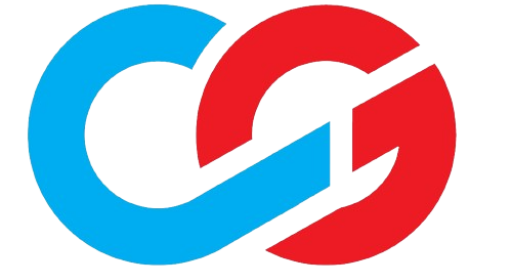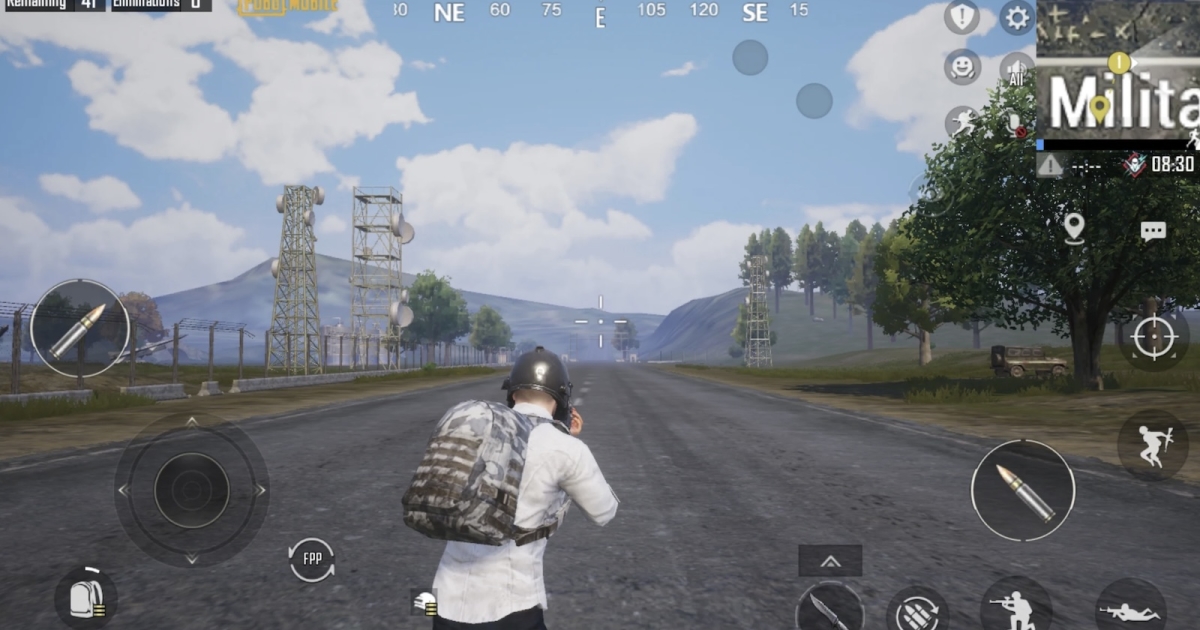Earlier this week, reports began circulating online about the United States’ updated Notice of Chinese Military Companies, which now designates Tencent Holdings, including its games publishing division Tencent Games, as such, alleging that the company serves the interests of China’s army and contributes to the country’s defense industrial base.
Tencent Games
As per the list, updated annually by the US Secretary of Defense in accordance with Section 1260H of the William M. (Mac) Thornberry National Defense Authorization Act for Fiscal Year 2021, Tencent is now officially classified as a “Chinese military company” by the United States, alongside over 150 other entities, including tech firms, semiconductor developers, aircraft and shipbuilding companies, and research institutes. While the inclusion on the list does not impose immediate sanctions in and of itself, it may make it harder for such companies to do business in the United States, the outlets noted.
When news about Tencent began making headlines, the company’s stock price quickly dropped by about 9.5%, marking its lowest level since September 2024. Tencent responded to the news by stating that its inclusion on the list was “clearly a mistake” and asserting that it is “not a military company or supplier.” “Unlike sanctions or export controls, this listing has no impact on our business,” said the company’s representative.
Following the reports, two main questions arose within the gaming community: why Tencent was added to the list and how this designation might impact the games and development studios the company fully or partially owns.
Regarding the former, as per the aforementioned Section 1260H, the term “Chinese military company” is defined as “an entity that is directly or indirectly owned, controlled, or beneficially owned by, or in an official or unofficial capacity acting as an agent of or on behalf of, the People’s Liberation Army or any other organization subordinate to the Central Military Commission of the Chinese Communist Party or as a military-civil fusion contributor to the Chinese defense industrial base and engaged in providing commercial services, manufacturing, producing, or exporting.”
As for what being a “military-civil fusion contributor” means, the definition extends beyond direct ties to the army or China’s military-industrial complex and also includes “entities affiliated with the Chinese Ministry of Industry and Information Technology, including research partnerships and projects,” which could be the most likely reason Tencent was added to the list.
As for the latter question, since not only Tencent Games but the entire company was labeled as a “military company,” it seems that Tencent has much bigger concerns right now, so the future of its gaming division hasn’t been addressed yet. Consequently, it remains uncertain whether this entire debacle will affect development studios like Riot Games and Grinding Gear Games, both wholly owned by Tencent, Techland, where the company holds a majority stake, and developers such as Don’t Nod with 42%, Epic Games with 35%, FromSoftware with 16.25%, Remedy Entertainment with 14%, and Ubisoft with 9.99% ownership by Tencent.
It’s also worth noting that one’s placement on the list can be challenged in court, as demonstrated by Chinese smartphone maker Xiaomi in 2021 when it successfully forced the US government to remove the reputation-damaging designation. Whether Tencent plans to take similar action has not yet been addressed.
Riot Games
And what do you think about Tencent being labeled a “Chinese military company”? Was its inclusion on the list a mistake, or was it justified based on what Tencent is presumably involved with behind the scenes? Tell us in the comments and don’t forget to join our 80 Level Talent platform and our new Discord server, follow us on Instagram, Twitter, LinkedIn, Telegram, TikTok, and Threads, where we share breakdowns, the latest news, awesome artworks, and more.





